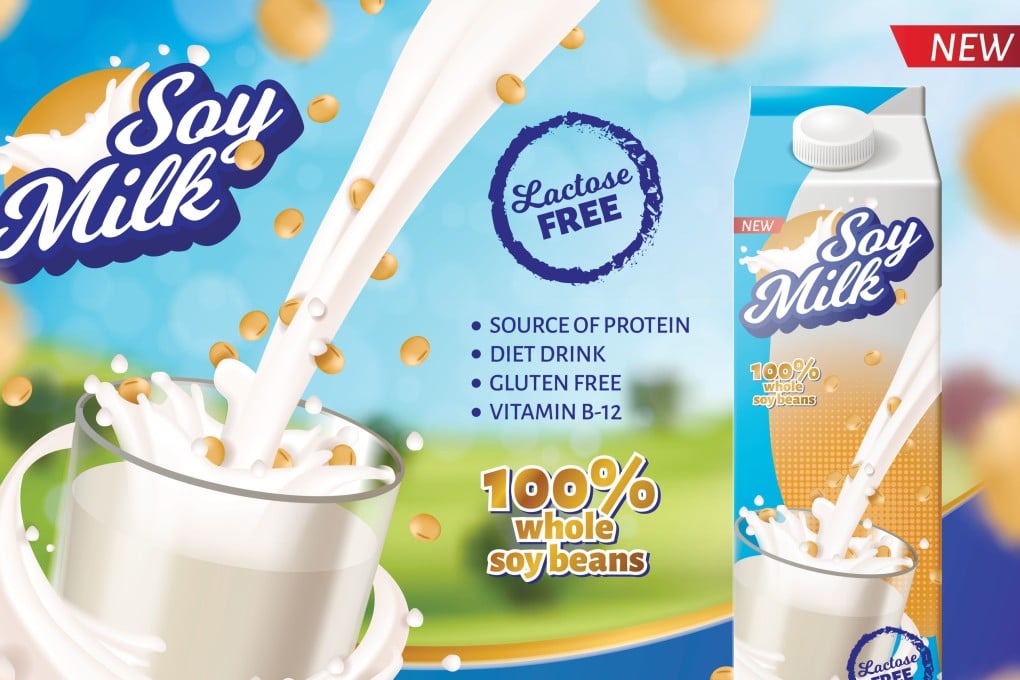Explainer | What are functional foods and should you be having them? A doctor and dietitian explain
Functional foods claiming to provide all kinds of health benefits are blowing up on social media, but few examples have scientific backing

Social media is rife with companies promoting “functional foods” that claim to make your skin look healthier, improve sleep, boost the immune system, enhance digestion, improve athletic performance, reduce anxiety and more.
From collagen shakes and beauty-enhancing teas to probiotic-rich cookies, antioxidant-loaded superfood gels and magnesium-fortified hot chocolate, there is seemingly something out there for everyone.
The global market for functional foods was estimated at US$186.2 billion in 2023 and is expected to grow to US$212.9 billion by 2028, according to market research company Mordor Intelligence.
But what are functional foods?
While there is no exact definition, the term broadly refers to foods that have been modified or enhanced to provide health benefits beyond basic nutrition.
“The [US-based] Academy of Nutrition and Dietetics defines functional foods as whole foods and those that are fortified, enriched or enhanced, which can positively impact health when consumed regularly as part of a varied diet, supported by significant scientific evidence,” says Hong Kong-based dietitian Sally Poon.
“They endorse health claims on food labels that are substantiated by rigorous scientific research approved by the United States Food and Drug Administration.”